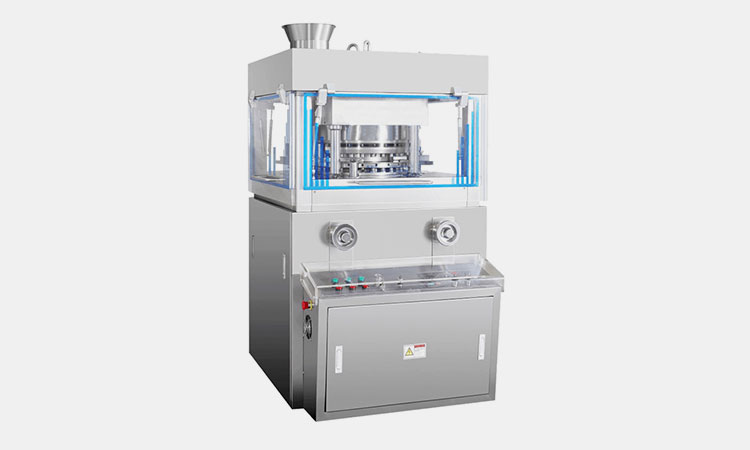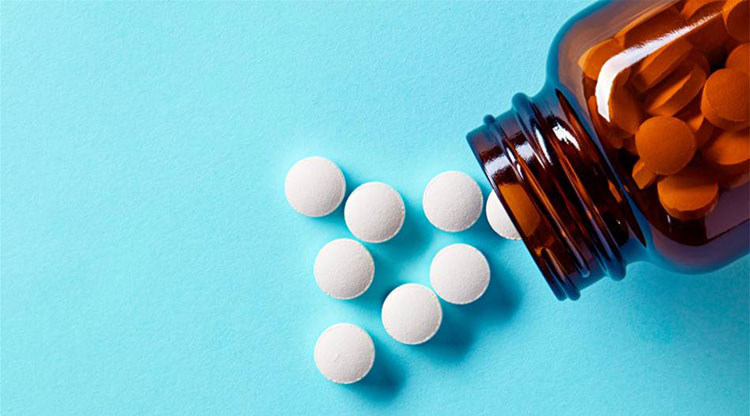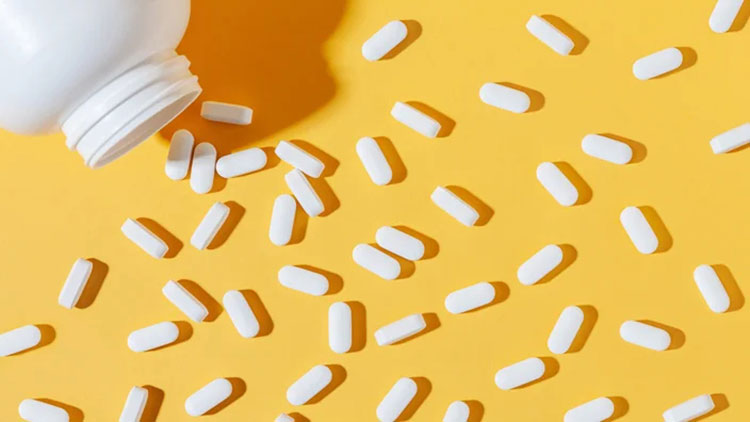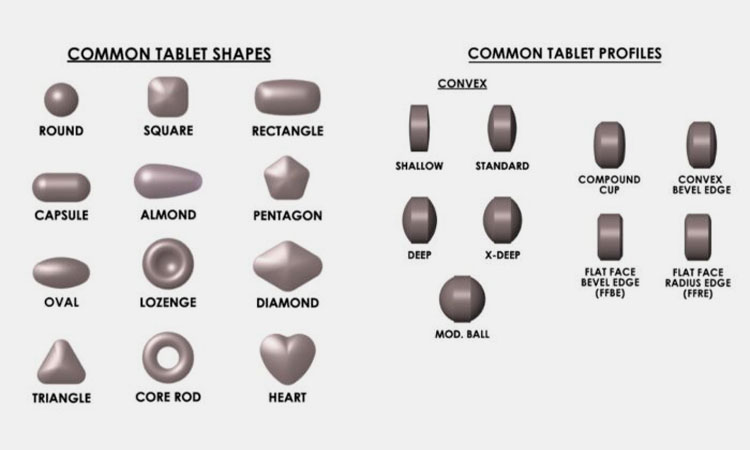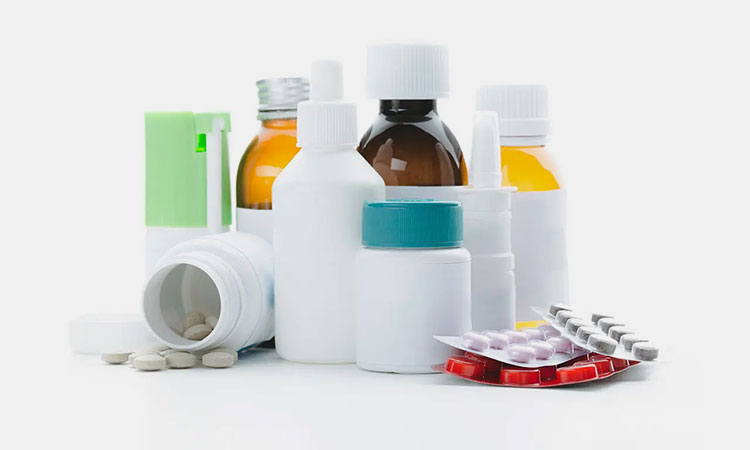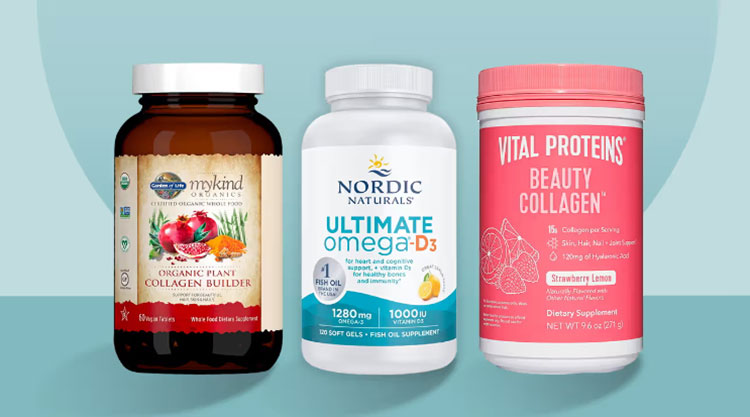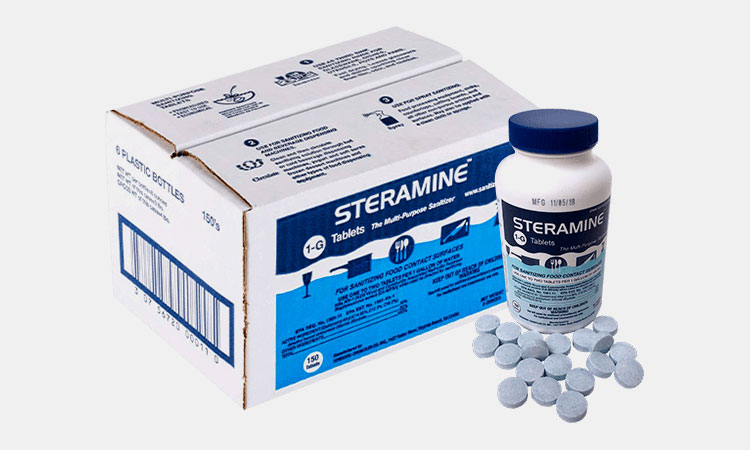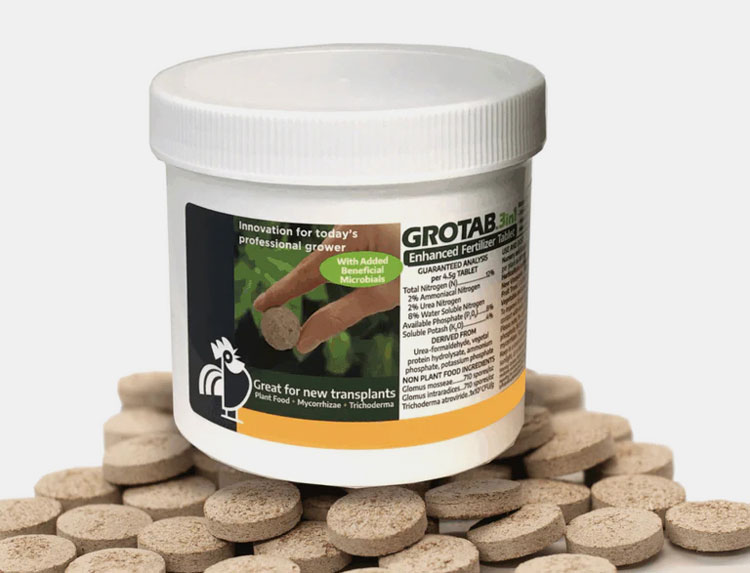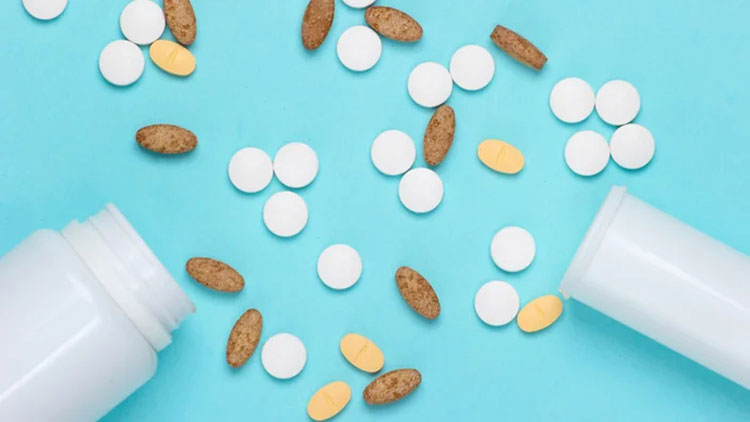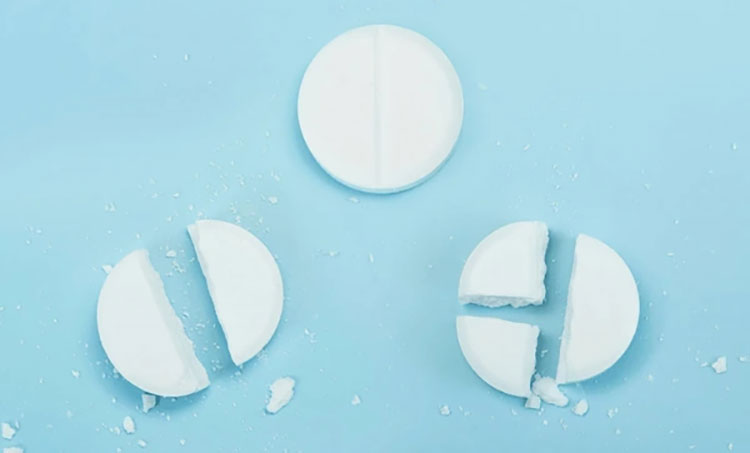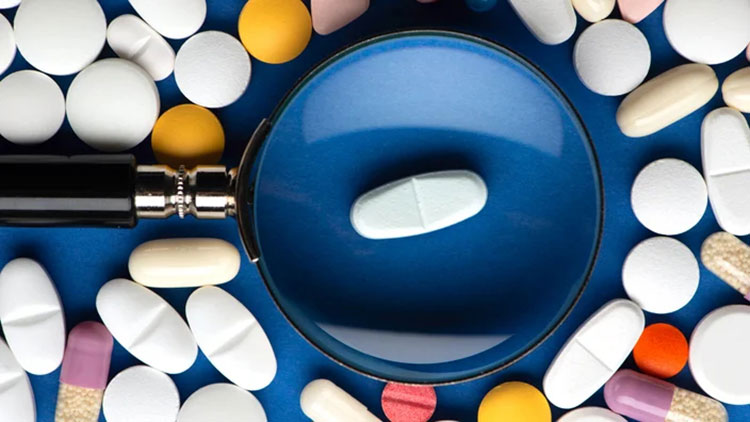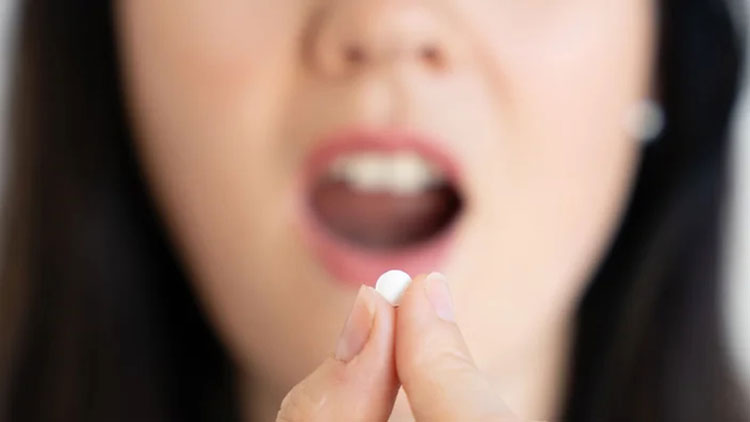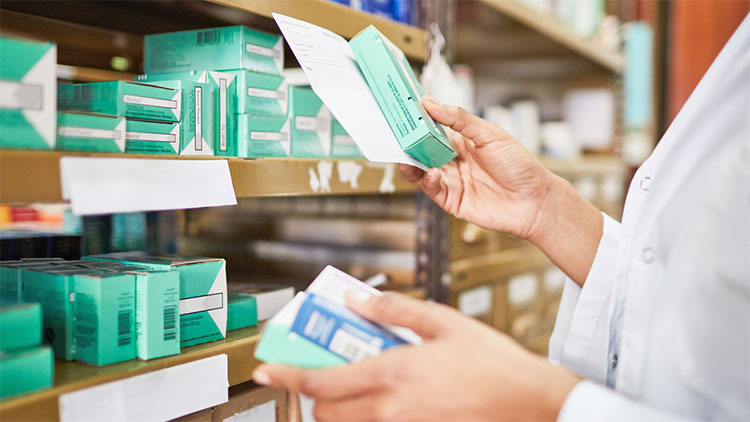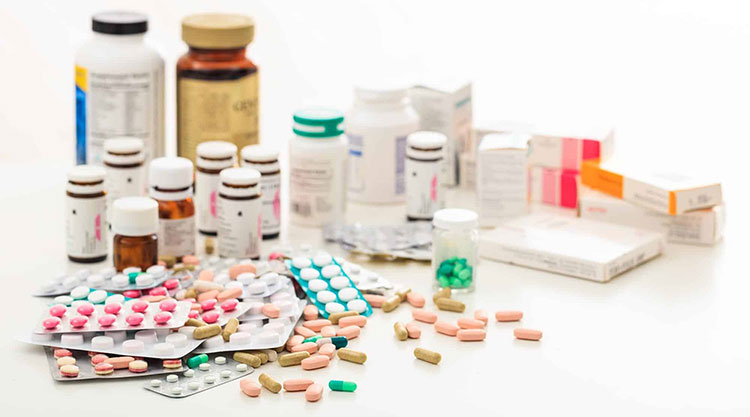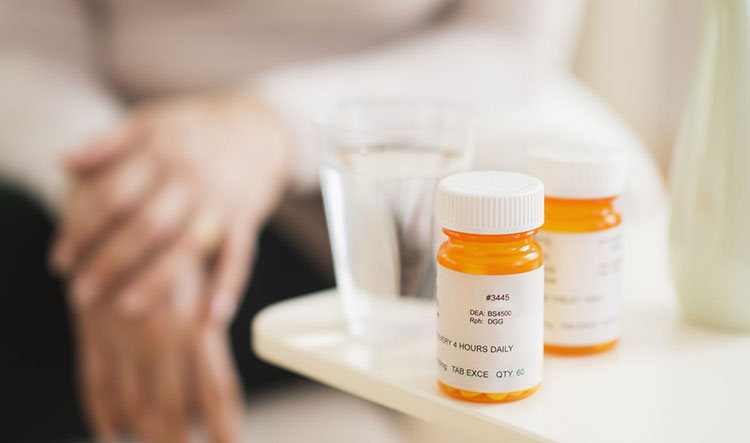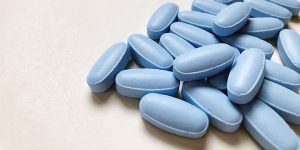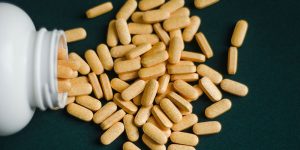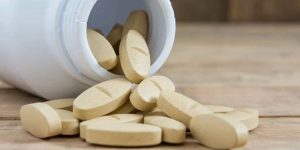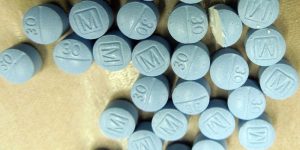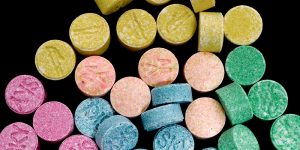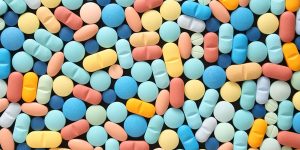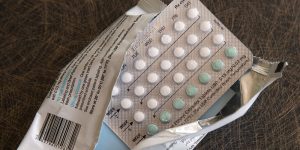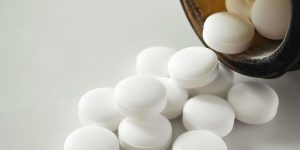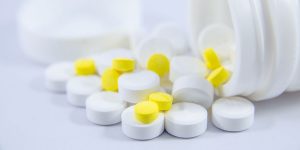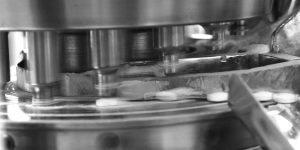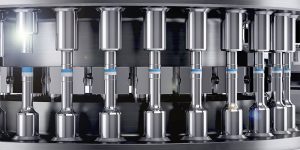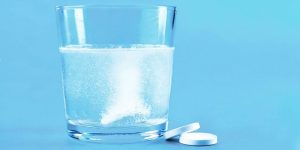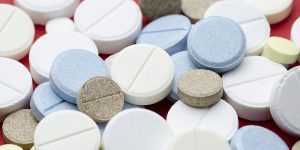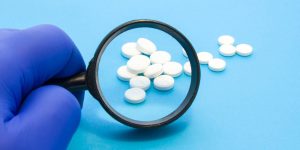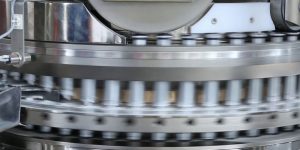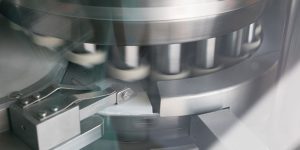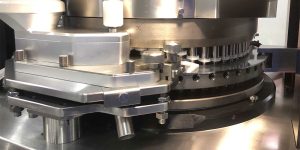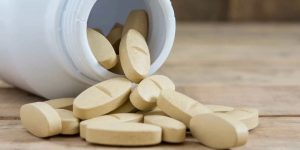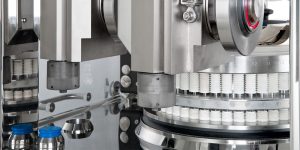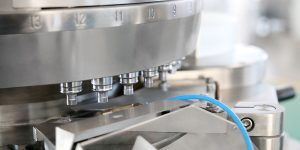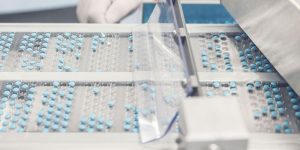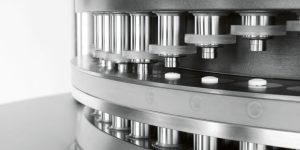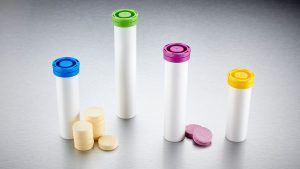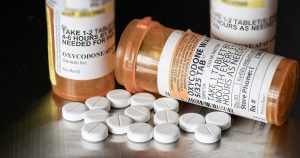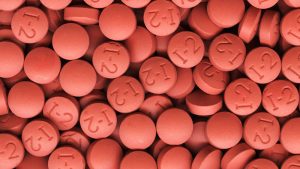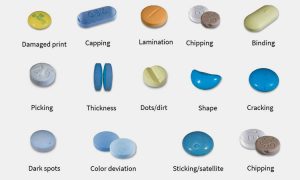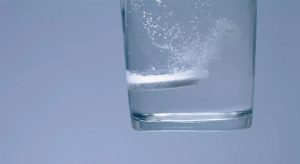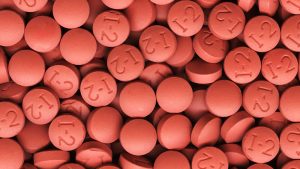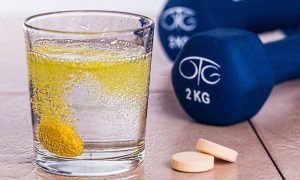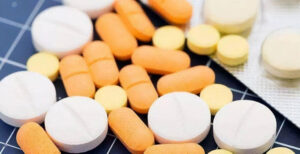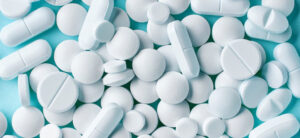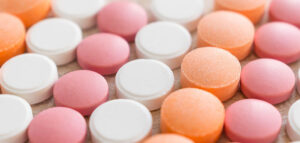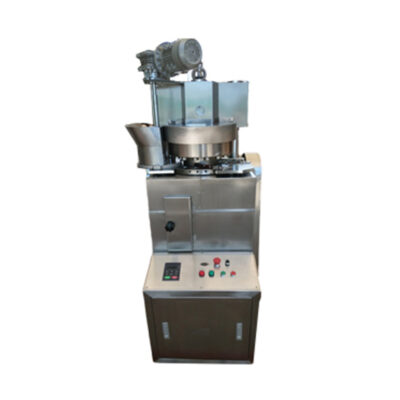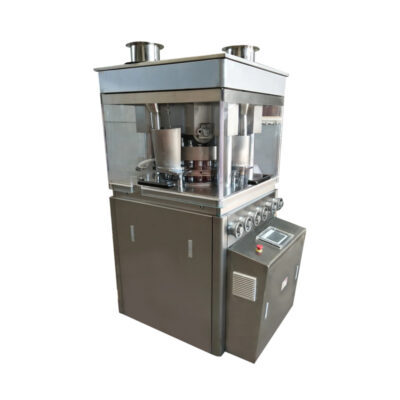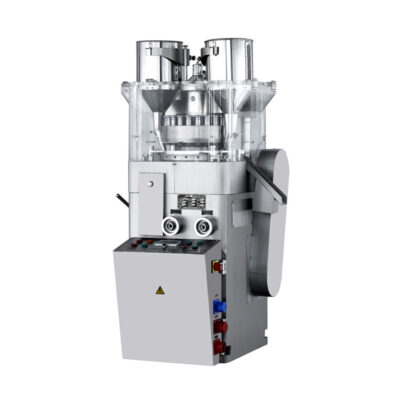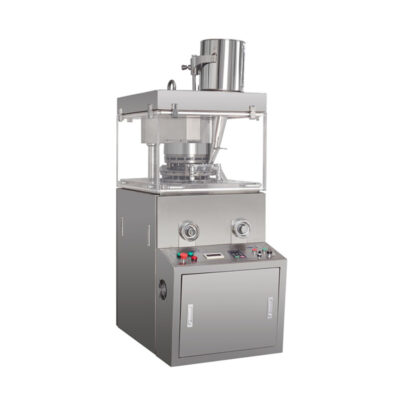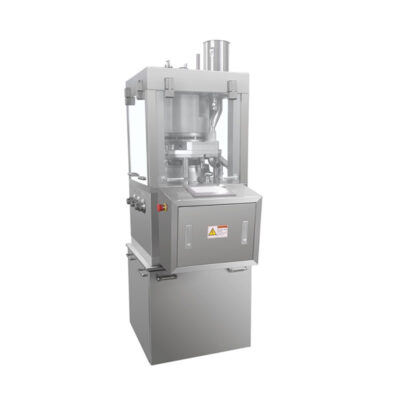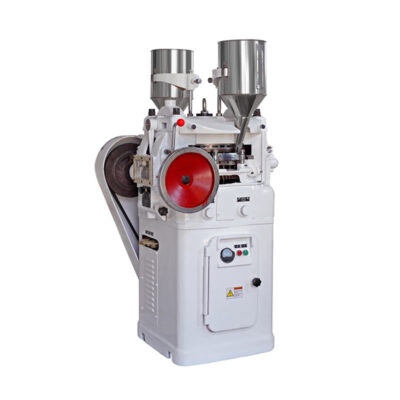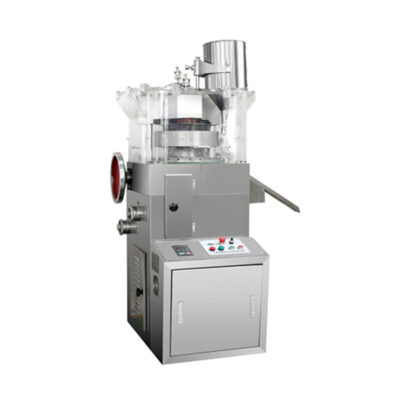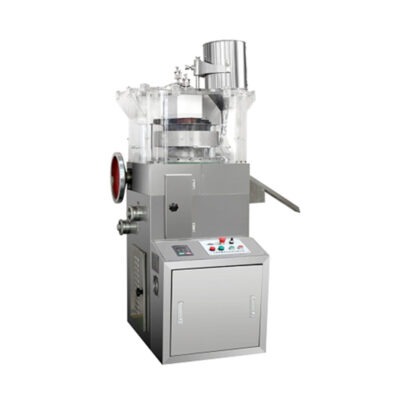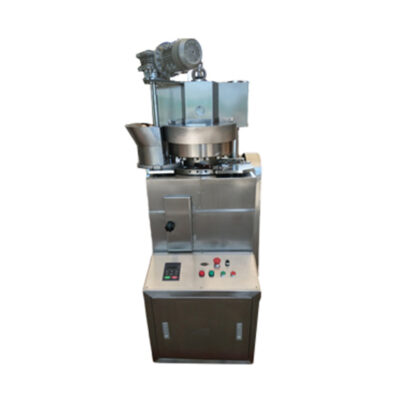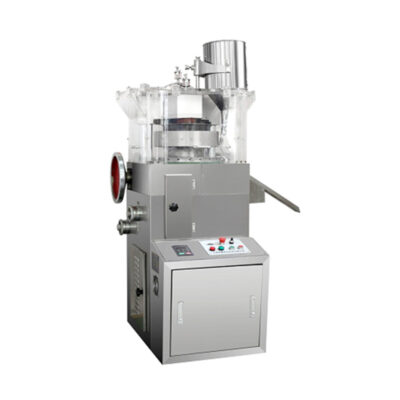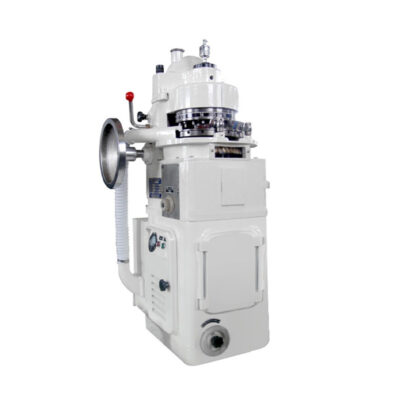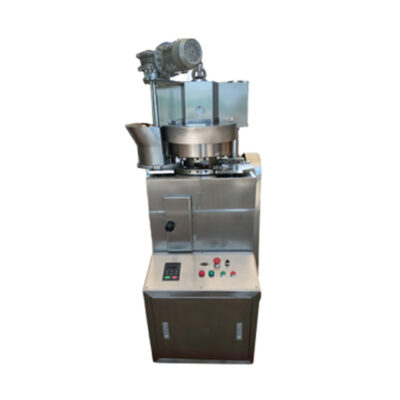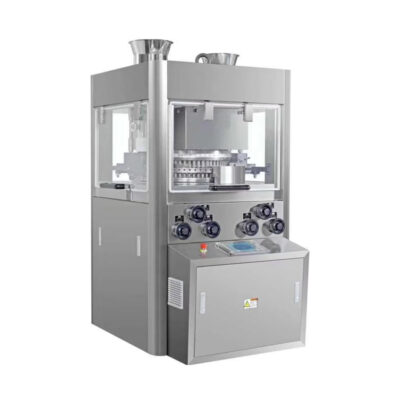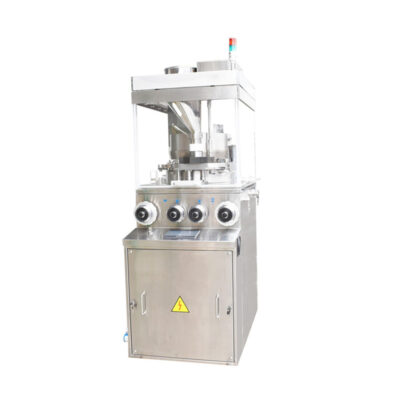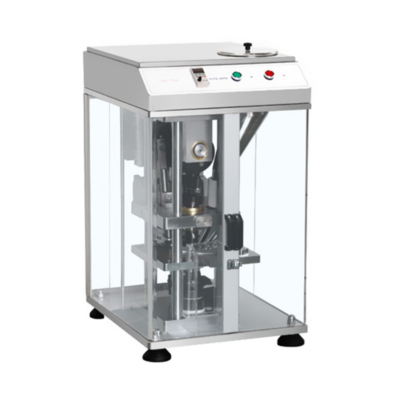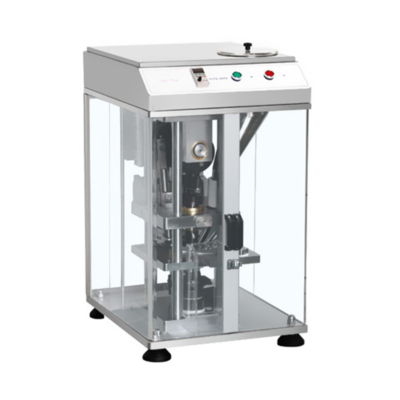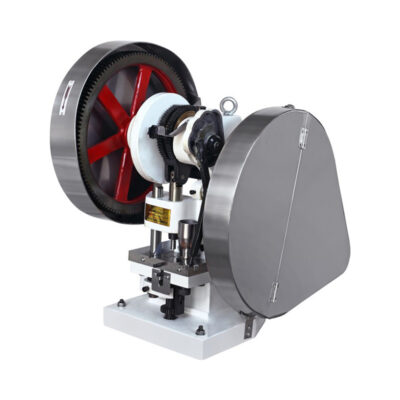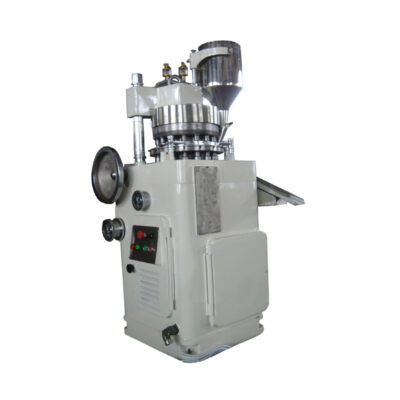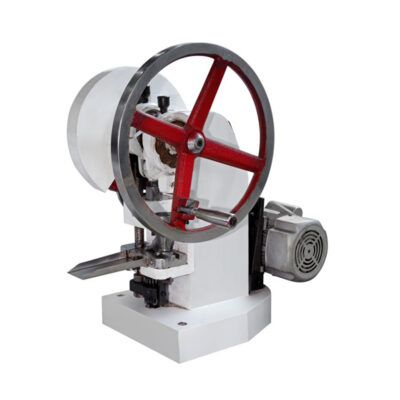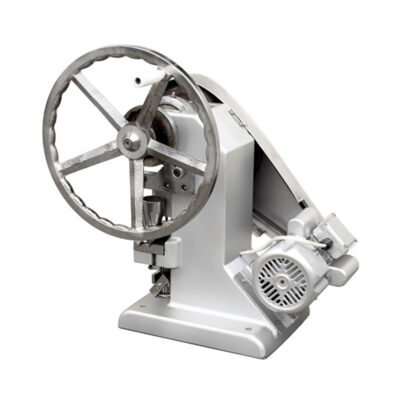What Are Pros And Cons Of Tablet?
Tablets-sourced: consumerlab
Tablets are very common in life, usually as medicines and health care products. This article is not a popular science article about tablets, it will explain to you what are the pros and cons of tablets. Through this article, you will learn about the pros and cons information of all tablets. Based on this information, you can know how to differ, and tips for taking them safely.
1.What Is A Tablet?
What Is A Tablet-sourced: goodrx
A tablet, also known as a pill or oral tablet, is a pharmaceutical oral dosage form or solid unit dosage form. It usually contains a mixture of active substances and excipients and is processed into tablets in powder form. Its main advantage is to ensure a fixed dose of medicine and make it convenient for patients to take it.
After taking it, it breaks down and dissolves in the stomach or intestines and is then absorbed. These tablets have a special coating that prevents them from breaking down in the stomach. This coating helps ensure that the tablets only dissolve after entering the small intestine.
Common Types and Shapes of Tablets-sourced: ftloscience
Tablet has different shapes. The common tablet shapes on the market include rectangle, oval, circle, square, triangle, diamond, etc. There are also many types of it, including oral tablets, sublingual tablets, rectal tablets, vaginal tablets, etc.
2.What Are The Use Of Tablets?
The use of tablets is mainly reflected in the type of tablets. Most tablets are used in pharmaceutical industry. Some are applied in the food industry, such as solid drinks. Daily chemical has cleaning tablets, disinfectant tablets, etc. In agriculture, there are fertilizer tablets, insecticide tablets, etc.
Pharmaceutical Industry
Pharmaceutical Industry-sourced: pharmtech
There are various types of tablets in the pharmaceutical industry, which are mainly taken orally. There are functional tablets that can treat symptoms, and nutritional tablets that are specially designed to improve physical health, including oral tablets, sustained-release tablets, buccal tablets, chewable tablets, enteric-coated tablets, sublingual tablets, effervescent tablets, vaginal tablets, dispersible tablets, etc.
Supplements Industry
Supplements Industry-sourced: healthline
Tablet in the supplement industry includes nutritional tablets containing minerals such as calcium, magnesium, zinc, iron and selenium, vitamin tablets, Chinese herbal tablets, supplementary tablets for maintaining bone, heart function and immune function, and plant extracts from natural plants, amino acid tablets, antioxidant tablets, multifunctional tablets, etc.
Food Industry
Food Industry-sourced: allcitycandy
Applications of tablets in the food industry include compressed candies, solid beverages, tea solid tablets, probiotic tablets, etc.
Daily Chemical Industry
Daily Chemical Industry-sourced: steramine
Tablet applications in the daily chemical industry include sanitizer tablets, cleaning tablets, chlorine tablets, pool tablets, bacterial tablets, hand tablets, scrub tablets, detergent tablets, oil removal tablets, etc.
Agricultural Industry
Agricultural Industry-sourced: powerplanter
In the agricultural industry, the tablet application includes fertilizer tablets, insecticide tablets, plant nutrient tablets, plant fungus tablets, pest control tablets, herbicide tablets, plant ripening tablets, bactericidal tablets, and soil disinfection tablets, etc.
3.What Are Pros And Cons Of Tablet?
Tablets, also known as tablet administration, have many advantages. But it also comes with adverse effects. Patients can choose according to their needs.
The Pros Of Tablet
For patients taking tablets, the pros are:
Cheap
Cheap-sourced: goodrx
Compared with capsules, tablets are relatively cheap, durable, long-lasting, stable, and have a longer shelf life. Active ingredients can be added to facilitate patient absorption.
Safety
Tablets are packaged in fixed doses for patients to safely self-administer. The manufacturing technology and process of tablets have strict control and supervision procedures, so that the quality, safety and efficacy of the tablets are guaranteed.
Easy and Convenient
Easy and Convenient-sourced: naturedoc
Patients can self-administer the medicine according to the photo package and under the guidance of their doctor. Tablet packaging has detailed dosing instructions and safety instructions for drug ingredients, making it easier for patients in different situations to take the medication according to their own conditions.
Can Be Split
Can Be Split-sourced: metastatictrialtalk
According to the patient's own needs, tablets can be cut into different portions and taken in batches.
Good Patient Compliance
Good Patient Compliance-sourced: goodrx
The tablets need to be swallowed. The process is simple and fast. It is suitable for patients of almost all ages and has good patient compliance.
Regarding the properties and effects of the tablet, the pros are:
Stability
Stability-sourced: labinsights
Tablets have the highest physical, chemical and microbiological stability compared to other formulations (capsules, injections), convenient for subsequent packaging, transportation and storage.
Dosage Accuracy
Tablets are solid dosage forms designed for oral administration. It usually has accurate dosage and correct dosing instructions.
Easy to Ingest
Easy to Ingest-sourced: goodrx
Tablets are mostly designed to be swallowed. Some tablets are coated to mask the bad smell of the medicine and make it easier for patients to take it.
Versatility to Accommodate Various Types of Medications
Most tablets are adapted to the tablet manufacturing process and form, and are beneficial to improving the bioavailability of poorly soluble drugs and enhancing the dissolution rate and solubility of poorly soluble drugs.
Avoid Pain
Compared with injectable pharmaceutical preparations, tablets are easier to use and less painful. The steps for taking it are simple and no extra steps are required and it can be self-administered without help from others.
For the tablet manufacturing process, the pros are:
Long Shelf Life
Long Shelf Life-sourced: fda
The excellent and mature manufacturing process of tablets helps it a longer shelf life and storage period, and the active ingredients of the drug are more stable.
Cost Effective
The manufacturing process of tablets is simpler and less expensive than other preparations (capsules, injections). Larger volumes are sold, making the tablets more cost-effective.
Simple Packaging
Simple Packaging-sourced: ascendpkg
Most of the packaging used for tablets is bottle filling and blister packaging. These two packaging methods are simple, convenient, highly safe, and protective, easy to peel and take away, and are suitable for large-scale production.
The Cons Of Tablet:
Side Effects
Side Effects-sourced: thewoodsatparkside
Most tablets might come with side effects including rash, dizziness, vomiting, drowsiness, indigestion, obesity, gastrointestinal reactions, mental abnormalities, polyuria, excitement, multilingualism, etc.
Allergies
The pharmaceutical ingredients incorporated into the tablet manufacturing process will inevitably cause irritation to patients with special physiques. Therefore, patients should consult your doctor for guidance and advice before taking it.
Poor Drug Absorption
Poor Drug Absorption-sourced: azolifesciences
Factors affecting drug absorption include gastrointestinal motility, gastric emptying rate, and the presence of food in the gastrointestinal tract, and drugs are easily destroyed by digestive enzymes and gastric acid.
Uneven Disintegration
If the powder is not ground and mixed carefully enough during tablet making, it can easily lead to inconsistent disintegration, which can reduce the effectiveness and overall absorption of the drug.
Bad Odor
Bad Odor-sourced: medcoatusa
Tablets without coatings to mask the taste are not conducive to patients taking them.
Poor Wettability
Some tablets have poor wettability, which affects subsequent dissolution and gastrointestinal absorption.
Affected By First Pass Metabolism
Affected By First Pass Metabolism-sourced: gesund
Tablets are taken orally through the mouth, stomach and intestines. Before entering the intestinal wall, part of the tablet will be metabolized by the stomach, thus reducing the amount of drug entering the systemic circulation and affected by first-pass metabolism.
Not Suitable For Some Patients
Tablets are mainly in solid form and are dissolved and absorbed by oral swallowing. Therefore, it is not suitable for patients with dysphagia, children, and unconscious patients.
Slow Onset of Effect
Slow Onset of Effect-sourced: verywellmind
The long half-life of tablets slows down the metabolism of the drug in the body, resulting in a slow onset of drug effect after taking the tablet.
The Bottom Line
Generally speaking, the pros of tablets outweigh the cons. It not only has the function of curing diseases, but can also be used as a supplement to maintain the normal health of the human body.
With the advancement of current medical standards, more targeted and humanized tablets are constantly emerging. However, before taking tablets, it is best to seek professional medical advice.
Conclusion
Tablet is a common oral medication in your daily life with long shelf life but slow action. From this post “what are pros and cons of tablets”, you might have a deeper understanding of tablets. If you have any questions about how to choose tablets or other questions about tablets, you are welcome to consult us.
Don't forget to share this post!
Tablet Press Machine Related Posts
Tablet Press Machine Related Products
Tablet Press Machine Related Videos
CONTACT US
Tell us your raw material and project budget to get quotations within 24 hours.
WhatsApp Us: +86 181 6426 8586
Want the best price & newest pharmaceutical machinery buying guide,tips and trends sent straightly to your box?Sign up for AIPAK’s monthly newsletter,we’re free for your consultation and Offer you the most suitable solutions!
The Buyer's Guide
- Capsule Filling Buyer's Guide
- Blister Packaging Buyer's Guide
- Tablet Counting Buyer's Guide
- Tube Filling Buyer's Guide
- Cartoning Buyer's Guide
- Gummy Making Buyer's Guide
- CO2 Extraction Buyer's Guide
- Empty Capsules Buyer's Guide
- Suppository Filling Buyer's Guide
- Tablet Coating Buyer's Guide
- Tablet Press Buyer's Guide
- Softgel Encapsulation Buyer's Guide
Most Popular
- 7 Importance Of Pharmaceutical Packaging In Different Applications You Must Know
- 6 Advantages You Must Know About Tablet Counting Machine
- 8 Advantages of Blister Packaging You Must Know
- 6 Critical Applications of Automatic Capsule Filling Machine
- 6 Stations You must Know to Improve the Filling Quality of Automatic Capsule Filling Machine
